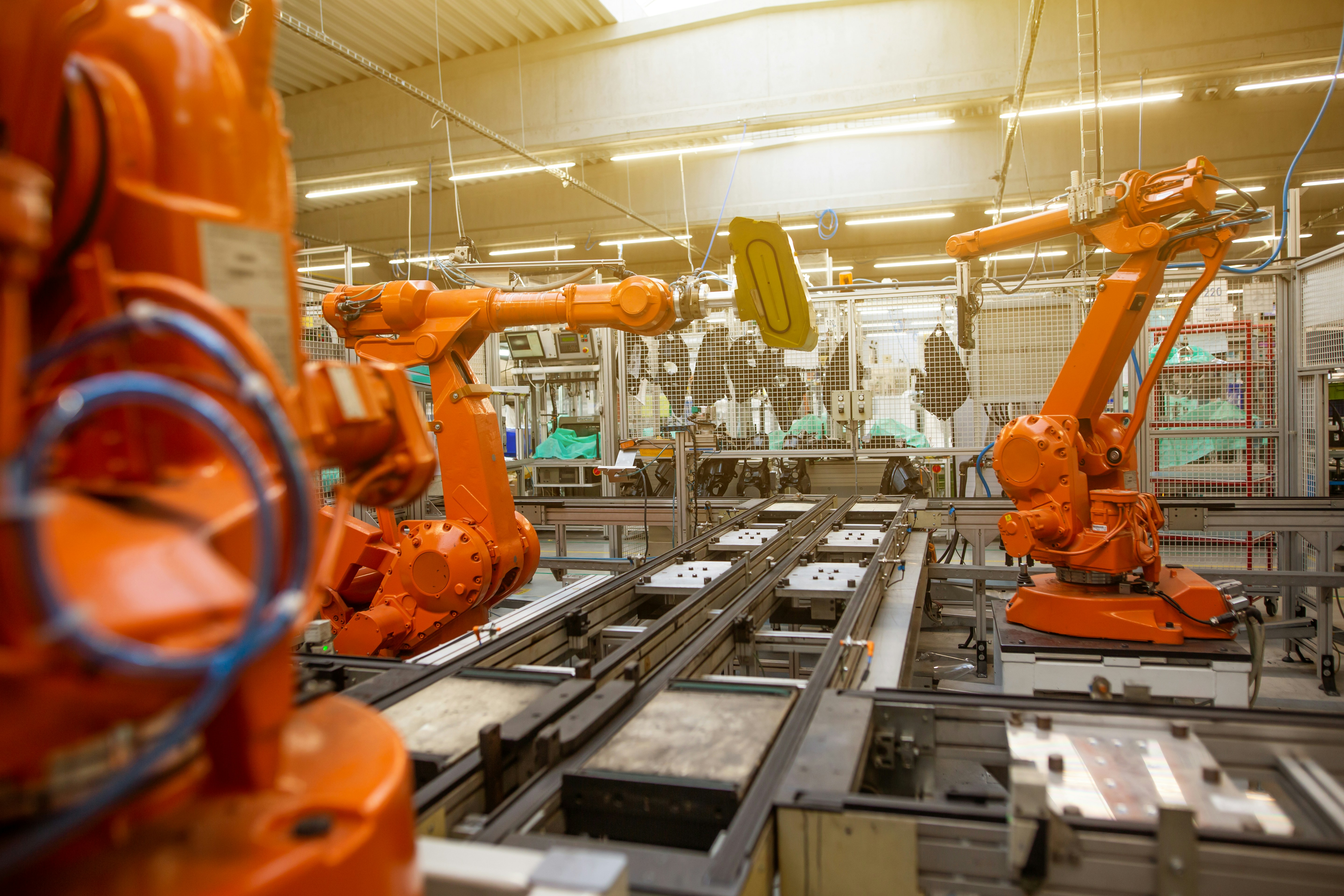All blog posts
Explore the world of design and learn how to create visually stunning artwork.
 Photo by Homa Appliances on Unsplash
Photo by Homa Appliances on Unsplash  Photo by Homa Appliances on Unsplash
Photo by Homa Appliances on Unsplash  Photo by Matthew Kwong on Unsplash
Photo by Matthew Kwong on Unsplash  Photo by DESIGNECOLOGIST on Unsplash
Photo by DESIGNECOLOGIST on Unsplash  Photo by Matthew Kwong on Unsplash
Photo by Matthew Kwong on Unsplash  Photo by Simon Kadula on Unsplash
Photo by Simon Kadula on Unsplash Latest Trends in Manufacturing
The manufacturing industry is currently experiencing a transformative phase characterized by several significant trends. One of the most prominent developments is the rise of smart factories and the advent of Industry 4.0. This new paradigm integrates cyber-physical systems, the Internet of Things (IoT), and cloud computing into manufacturing processes, enabling unprecedented levels of automation and data exchange. Smart factories leverage real-time data to optimize production, reduce downtime, and enhance overall efficiency. Leading companies are investing heavily in these technologies to stay ahead in a competitive market.
Another crucial trend is the increasing emphasis on sustainability and green manufacturing practices. Manufacturers are under growing pressure to reduce waste, lower energy consumption, and minimize their environmental impact. This shift is driven by both regulatory requirements and consumer demand for eco-friendly products. Companies are adopting practices such as recycling, using renewable energy sources, and redesigning products to be more sustainable. The integration of these practices not only helps in meeting regulatory standards but also attracts environmentally conscious consumers, providing a competitive edge.
Flexibility and customization in production lines have also become vital as manufacturers strive to meet diverse customer needs more efficiently. The traditional one-size-fits-all approach is being replaced by more adaptable manufacturing processes that can quickly respond to changing market demands. This trend is facilitated by advancements in technologies such as 3D printing and robotics, which allow for the rapid prototyping and production of customized products. Companies that can offer personalized solutions and adapt to specific customer requirements are better positioned to thrive in today’s dynamic marketplace.
Leading companies across various sectors are embracing these trends to maintain their competitive edge. For example, automotive manufacturers are integrating IoT to monitor and optimize factory operations, while electronics companies are utilizing smart manufacturing to reduce waste and improve product quality. By staying abreast of these trends and continuously innovating, manufacturers can not only improve efficiency and sustainability but also enhance their ability to meet customer expectations and drive growth.
Cutting-Edge Technologies Transforming Manufacturing
The manufacturing sector is undergoing a significant transformation, driven by the integration of advanced technologies that are reshaping production processes and enhancing operational efficiencies. Central to this revolution is additive manufacturing, commonly known as 3D printing. This technology enables rapid prototyping and on-demand production of complex parts, reducing the time and cost associated with traditional manufacturing methods. By allowing for the creation of intricate designs and customized components, 3D printing is not only accelerating innovation but also facilitating more sustainable manufacturing practices by minimizing material waste.
Robotics and automation are equally pivotal in this technological evolution. Collaborative robots, or cobots, are designed to work alongside human operators, enhancing productivity while maintaining high safety standards. These robots are equipped with advanced sensors and programming capabilities, allowing them to perform tasks with precision and adaptability. Automated Guided Vehicles (AGVs) are another key component, providing efficient material handling solutions within manufacturing facilities. By automating the transportation of goods, AGVs help streamline operations, reduce manual labor, and mitigate the risk of workplace injuries.
Artificial Intelligence (AI) and machine learning are playing a transformative role in predictive maintenance and quality control. By analyzing vast amounts of data from machinery and production lines, AI algorithms can predict potential equipment failures before they occur, enabling proactive maintenance that minimizes downtime and extends equipment lifespan. Additionally, machine learning models can identify patterns and anomalies in production processes, ensuring consistent product quality and reducing the likelihood of defects. This predictive capability not only enhances operational efficiency but also contributes to significant cost savings.
Finally, the advent of advanced materials such as composites and nanomaterials is revolutionizing manufacturing processes and product performance. Composites offer superior strength-to-weight ratios, making them ideal for applications in industries such as aerospace and automotive. Nanomaterials, with their unique properties at the nanoscale, are opening new possibilities in electronics, healthcare, and energy storage. The integration of these materials into manufacturing processes is enabling the development of high-performance, durable, and lightweight products that meet the evolving demands of various industries.
